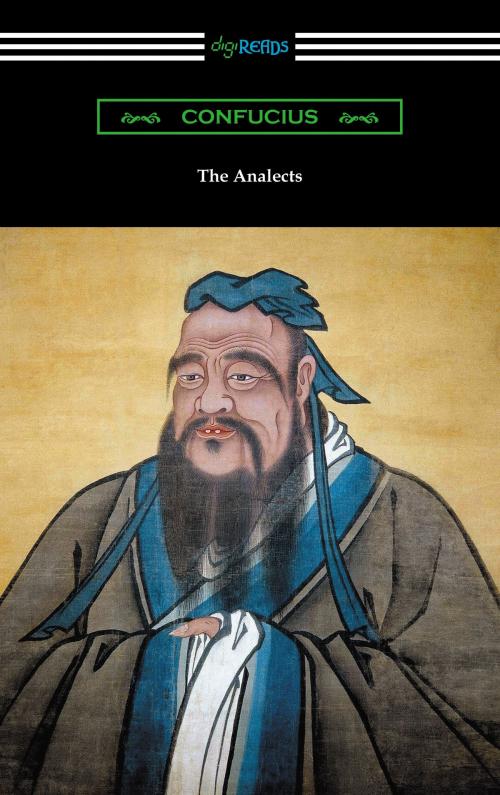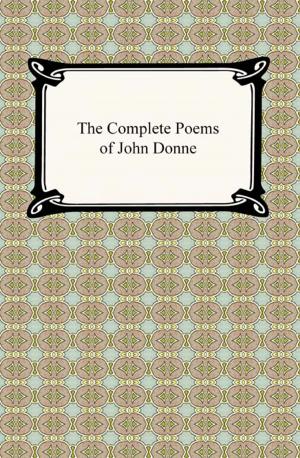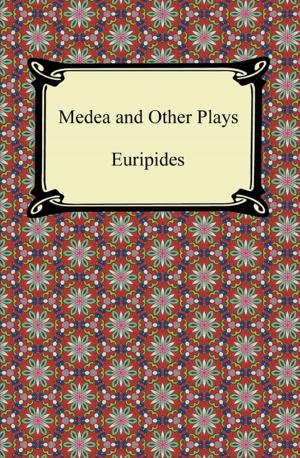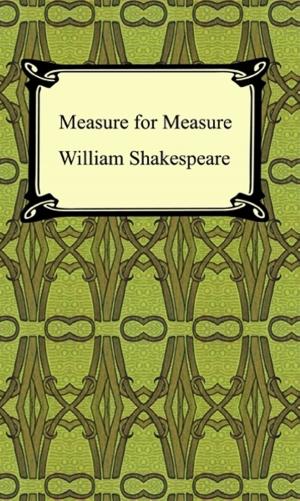The Analects (Translated by James Legge with an Introduction by Lionel Giles)
Nonfiction, Religion & Spirituality, Eastern Religions, Confucianism| Author: | Confucius | ISBN: | 9781420955064 |
| Publisher: | Neeland Media LLC | Publication: | May 31, 2017 |
| Imprint: | Digireads.com Publishing | Language: | English |
| Author: | Confucius |
| ISBN: | 9781420955064 |
| Publisher: | Neeland Media LLC |
| Publication: | May 31, 2017 |
| Imprint: | Digireads.com Publishing |
| Language: | English |
Confucius was a Chinese teacher, statesman, and philosopher who lived in the 5th and 6th century BC. One of the most influential philosophers of all time, and still deeply regarded amongst the Chinese people, his ideology is one which emphasizes the importance of the family, as well as justice, sincerity, and morality in both personal and political matters. Confucius did not regard himself as an innovator, but as the conservator of ancient truth and ceremonial propriety. He dealt with neither theology nor metaphysics, but with moral and political conduct. The “Analects” or “Sayings of Confucius,” is the classic collection of his teachings compiled by his disciples over several centuries following his death. Confucius believed that the welfare of a nation depended upon the moral character of its people, and that the cultivation of this character began by a devotion to the well-being of others, starting with one’s immediate family. The impact of this work on Eastern philosophy cannot be overstated, as it stands to this day as one of the most important philosophical works from ancient times. This edition is translated by James Legge and includes an introduction by Lionel Giles.
Confucius was a Chinese teacher, statesman, and philosopher who lived in the 5th and 6th century BC. One of the most influential philosophers of all time, and still deeply regarded amongst the Chinese people, his ideology is one which emphasizes the importance of the family, as well as justice, sincerity, and morality in both personal and political matters. Confucius did not regard himself as an innovator, but as the conservator of ancient truth and ceremonial propriety. He dealt with neither theology nor metaphysics, but with moral and political conduct. The “Analects” or “Sayings of Confucius,” is the classic collection of his teachings compiled by his disciples over several centuries following his death. Confucius believed that the welfare of a nation depended upon the moral character of its people, and that the cultivation of this character began by a devotion to the well-being of others, starting with one’s immediate family. The impact of this work on Eastern philosophy cannot be overstated, as it stands to this day as one of the most important philosophical works from ancient times. This edition is translated by James Legge and includes an introduction by Lionel Giles.















